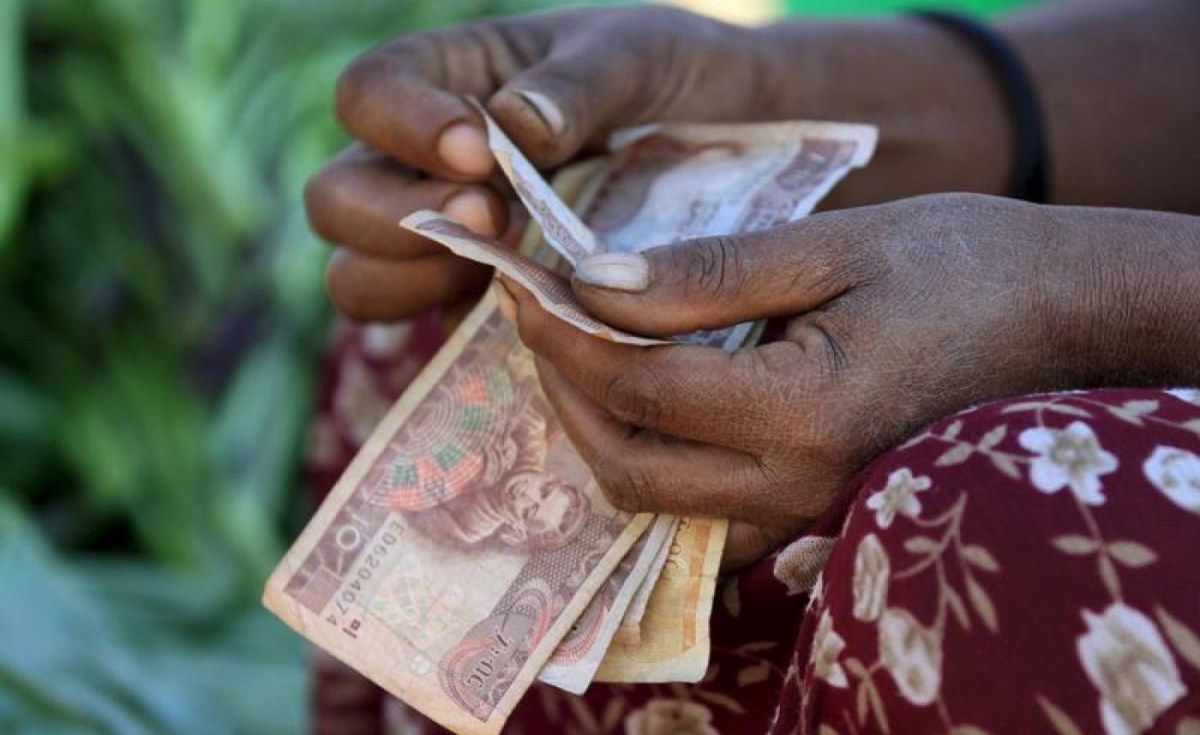Ethiopia, East Africa's most populous country, faces economic challenges, high inflation, and a foreign currency shortage. The country may need to devalue its currency to secure a rescue loan from the International Monetary Fund (IMF).
Ethiopia hasn't received any IMF funds since 2020, and its last lending arrangement with the fund went off track in 2021 due to the civil war. The federal government and a rebel regional authority signed a deal in late 2022 to end a two-year civil war. The IMF's recent departure has pressured Ethiopia to adopt market-driven exchange rate policies.
China agreed to a debt payment suspension in August 2023 as part of Ethiopia's debt restructuring under the G20's Common Framework. However, the overall debt relief is subject to securing an IMF deal by June 30.
Market experts predict that a devaluation of around 15% of Ethopia's birr might be required to meet IMF conditions for a bailout loan. However, Ethiopian authorities are reported to be worried about the devaluation, which could have serious negative economic repercussions, including soaring inflation and surging foreign currency-denominated debts in terms of birr.










